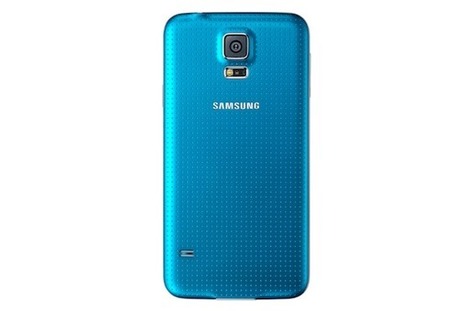In case you haven’t heard: Samsung is now a pharmaceutical company, or at least on the point of becoming one. Subsequent to its having invested at least $2b in biopharmaceuticals, the South Korean giant will be bringing a biosimilar version of Amgen’s Enbrel to market in 2016.
That’s right.
In 2016, a company best known for its consumer electronics and heavily invested in mobile health is going to start producing pharmaceuticals, and will apparently begin by bringing a treatment to market which will presumably make it a dominant force overnight in the two disease areas in which Enbrel has indications, namely moderate to severe rheumatoid arthritis, and psoriatic arthritis.
The implications of this for legacy pharmaceutical companies are wide-reaching and significant. Let’s consider a few of them (I anticipate updating this post over the next few months):
- Samsung now has more touch points across the health ecosystem than any other pharmaceutical company. ...
- Samsung’s total focus on customer experience and design makes it a credible champion of the participatory patient’s interests. ...
- Hundreds of millions of people carry this pharmaceutical company’s brand with them day and night. ...
- Consumers will think of Samsung as a consumer electronics company that makes pharmaceuticals. ...
- Samsung will be the first consumer technology company to enter the pharmaceutical marketplace, but it will not be the last.
If this thought doesn’t focus legacy pharmaceutical companies into throwing everything they have into reforming themselves as social business, nothing will. The survival of even the largest companies is far from certain when giants such as Samsung have set their sights upon entering the industry.
Samsung doesn’t think like a pharmaceutical company.
Pharmaceutical companies better start thinking like Samsung.
Via rob halkes



 Your new post is loading...
Your new post is loading...








Great blog by Andrew Spong, keen enough to see the great potential.. very much inspiring to all of pharma ;-)
Must read, and still more: must think!